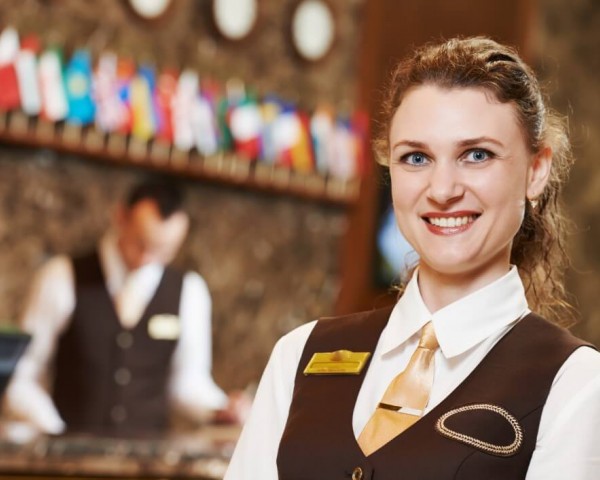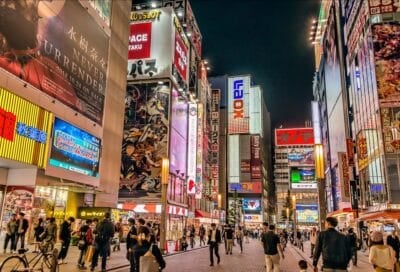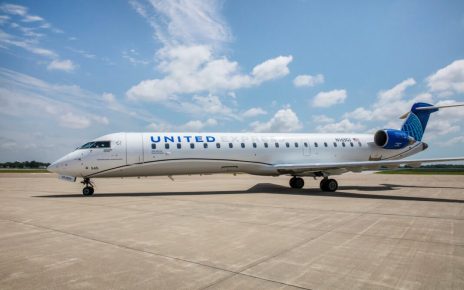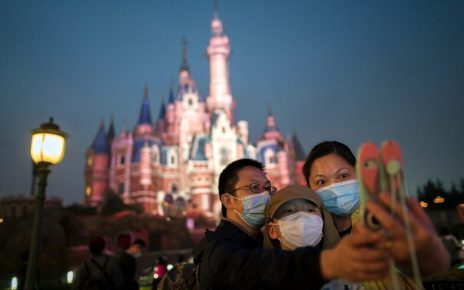As of March 1, 2021, 50% of global online searches related to travel are made between 0 and 21 days in advance, and 15% are for trips taking place between 30 and 60 days from the search date. While it is not clear when restrictions on international travel will be lifted, travelers seem to be looking for ways to spend the holidays close to home. However, the important thing to note is that they do seek to travel and hotels reopening are at hand.
Following these data, Expedia Group has drafted a series of recommendations to help prepare for the reviving of tourism after a long period of uncertainty in the hotel industry. Here are five recommendations for hotels reopening:
Offer Flexibility
To help build confidence in travelers and provide financial peace of mind, accommodations should clearly communicate flexibility policies across all channels, from websites and advertising campaigns, to communications targeted at travelers before and during the stay. This may include offering full refunds and cancellations, or flexibility in reservations and date changes.
- A report revealed that 53% of travelers will feel more comfortable traveling if hotels offer full cancellations and refunds, especially Gen Z travelers and millennials.
- Data shows that in 2020, travelers looked for refundable reservations 10% more often than the previous year.
- Almost 70% of accommodation rate plans are now refundable.
Reassure Travelers
The study also showed that health and disinfection protocols in hotels should be highlighted to guests. After the pandemic, travelers will look for accommodations able to portray safety.
Highlighting information on disinfection and cleaning measures in all rooms and facilities helps reassure travelers who are planning a trip in the short term or once the pandemic is over, given that health concerns will likely have a long-term impact.
- 50% of travelers avoid using chained-brand hotels, boutique lodgings and resorts during the pandemic out of concern about cleaning protocols.
- 80% of travelers, regardless of age, say that measures to deal with the pandemic will influence their decisions regarding accommodation.
- 83% of all travelers and 90% of the so-called Silent Generation (those born between 1930 and 1948) consider it important that accommodations provide deep cleaning and have periodic disinfection protocols, while 76% of travelers would like access to a checklist that describes what has been disinfected.
Limited capacity and social distancing measures, especially in hotel chains and resorts establishments, can help reassure more than 30% of travelers who have avoided this type of accommodation during the pandemic, considering that many people gather in these spaces. Implementing and communicating health and safety measures are a must for hotels reopening, and this information should be easily accessible to guests, whether they are looking for information or reassurance.
Reviews Are Important
Online reviews have allowed travelers to make informed decisions, but they are expected to be even more important in future travel planning. According to a study published in 2020, almost 75% of all travelers browse reviews before making a reservation and consider opinions about ‘room cleanliness’ and ‘hotel general condition’ to be the most influential.
- 80% of travelers believe that if hotels do not address negative reviews, then those reviews are more likely to be true.
- In the future, 41% more travelers will turn to recent reviews than those published before the pandemic; although interest in all online reviews (published before and after the pandemic) will also increase by 15%.
Accommodations should encourage guests to write comments. For their part, business owners should address guest reviews, both positive and negative, ideally within 24 hours of posting, to show guests that feedback and suggestions for improvement are important.

Stand out from the Competition
Travelers will increasingly check hotel websites (14% more), online travel agencies (24% more) and advertising (16% more) to plan trips after the pandemic. In this sense, visual and written information on these channels will be more relevant and influential in the future.
As travel demand grows, accommodations must implement multi-channel marketing strategies to ensure that the business is placed front and center in the search or booking process of potential guests, and they must study the marketing tools to achieve this.
Online marketing solutions can ensure that accommodations appear at the top of search results, while the use of personalized text and images enables them to display information that is currently relevant to travelers.
Focus on the Right Traveler Profile
Travel reasons and preferences vary according to age, and sometimes by geographical location. Accommodations must design specific offers and promotions that attract different generations. Traveling during the pandemic has had different reasons, although the main ones have been a change of scene, visiting family and friends, or business; but last-minute trips remain especially popular, particularly among younger travelers, and this is projecting to be a trend in the future.
In addition, younger generations are expected to drive hotel demand to pre-pandemic levels, so accommodations must take into account the value of short-term marketing strategies, and design other types of offers and messages with longer terms but aimed at other generations.
- 20% of millennials who traveled during the pandemic did so to take advantage of special offers and promotions.
- 15% of Generation Z travelers went on trips during the pandemic to work or study in a new location.
To reach the younger generations, accommodations should highlight special offers and discounts, or promotions linked to stays for remote work or studies, while family packages can be more appealing to the Silent Generation. Generation X and baby boomers are more interested in outdoor environments and landscapes, so visually dazzling images should be the focus of campaigns targeting these travelers.





